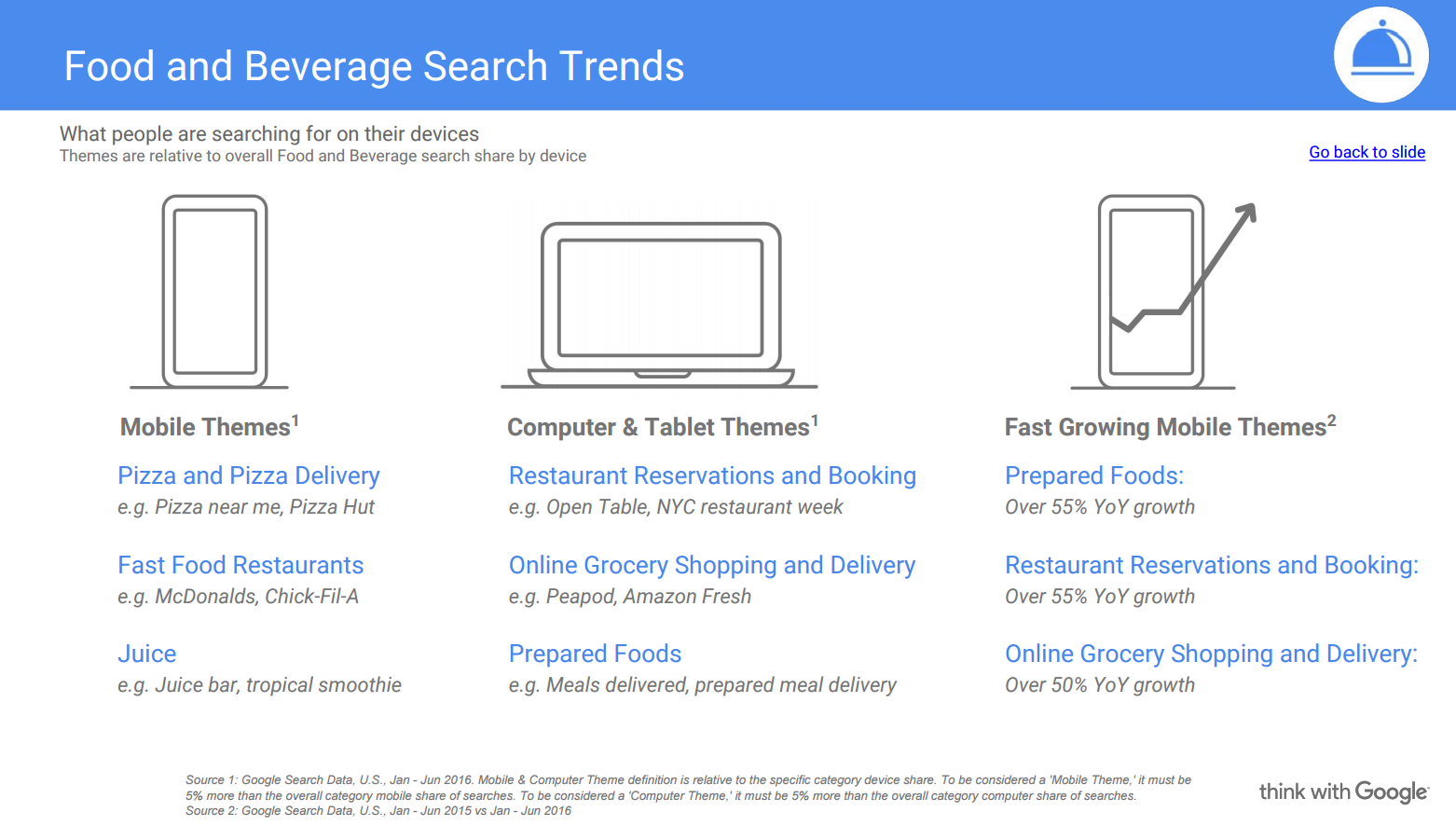#lazysunday

Shady character #harpershashtag

Curious George, Serious Harper #harpershashtag

Harper always helps us keep our year end books from being a mess. #beancounter #harpershashtag

Happy New Year from the Handy Family. #2017 #harpershashtag

Fireworks at “midnight” #harpershashtag

The First Daughter #libbyshashtag

Waiting for Santa. #harpershashtag

Behold @handybethany & #harpershashtag: Captains of Christmas

Pictured here is #harpershashtag and I, about to conquer the world. All you need is a clipboard. Photo credit: @handybethany

handybethany & #harpershashtag light the tree.

“Alexa, assemble this bed” did not work. #smartbedframe #falseadvertising

Rudolph with @handybethany and #harpershashtag

Tidbits on Google and Mobile Search
Business owners often ask me how to get to #1 in Google. The answer is sometimes shocking to them. There is no longer a #1 in Google.
The reality is that there is a different search result for every person. What they see depends on their previous search history, current location, if they are on desktop or mobile and a whole lot of other factors.
Nearly 40% of people search only on a smartphone in an average day as they look to meet immediate needs. As a result of this shift, more Google searches are happening on smartphones than computers. - Google Research
Google’s job is to deliver the best answer to the your question that they possibly can. If they fail to do that, you’d be likely to start looking elsewhere for your answers wouldn’t you?
It’s no surprise that they spend an awful lot of time looking at what, when, why, where, and how people search. They are always analyzing intent and context. They customize the results searchers see based on any one of those factors above. See this slide from Google’s research to get some context behind the “Why”.

Understanding how people actually search is a key element to the answer to the question. Many searches start on mobile and are upgraded to computer depending on their level of complexity.
Here are some more of Google’s takeaways from their latest research:
- We live in a mobile-first world: In an average day, more than 1/4 of all users only use a smartphone, which is nearly 2X as many as those who only use a computer.
- We freely move back and forth between devices to get things done: Over half of users rely on more than one type of device in an average day, with 1/5 of them using another device while concurrently using a computer.
- Where we are influences how we use our devices: The top three places people use their smartphones are home, work, and in a store.
- Search has gone mobile: Of those who search, nearly 4 in 10 search only on a smartphone in an average day.
- The web is one of our most used resources: Of those who browse the web in an average day, almost half do so on multiple devices. More than 7 in 10 users browse the web on their phones or computers in an average day.
Source: How People Use Their Devices
Cheese. #harpershashtag

The thought bubble says, “I’ve got an idea so crazy that it just might work.” #harpershashtag

Should you silence your employees?
I think it's really a shame when people’s voices aren’t amplified by their company.
An article I read exemplifies the problem:
Unlike Facebook and Google, which let employees publish their scientific breakthroughs in scientific journals and on blogs, Apple prevents its staff from talking about their research both online and offline.
Is secrecy worth the stifling of innovation and employee growth-stunting?
I see it happen all the time in business that merits no secrecy. Small business owners often decide to limit the voice of their employees for no good reason.
If this is you; think about the fact that you already choose to put your employees in front of flesh and blood customers in the real world. Why should the digital world be any different? Is there a difference anyway?
Facebook’s AI director explained why some of the world’s brightest minds might not want to work for Apple (FB, AAPL) - Business Insider UK
Food for thought on negotiation and expectations
How Sheryl Sandberg negotiated for a position as a negotiator
In this HBR article, you learn a little bit about how Sheryl Sandberg, of Facebook, negotiated her first package. My takeaway is to always consider what the other person is expecting to see on the negotiating table.
Check out the quote and then read the rest of the article, which is very much worth reading.
First, you want to explain to your negotiating counterpart why — in their eyes — it’s legitimate for you to be negotiating (i.e., appropriate or justified under the circumstances). Sheryl says that in her negotiations with Facebook, she told them, “Of course you realize that you’re hiring me to run your deal team so you want me to be a good negotiator.” Sandberg wanted Facebook to see her negotiating as legitimate because, if she didn’t negotiate, they should be worried about whether they’d made the right hire.Second, you want to signal to your negotiating counterpart that you care about organizational relationships. After pointing out that they should want her to be a good negotiator, Sheryl recounts saying, “This is the only time you and I will ever be on opposite sides of the table.” In other words, “I am clear that we’re on the same team here.”
Harper prefers organic, even when she throws caution to the wind. #recklessabandon #doyouhaveorganicthough #harpershashtag

How to read reviews
I know that one of the first things I do when evaluating buying anything is to read the reviews.
Especially on Amazon.
What is so great about reading the review there is that you get to see all the different peoples opinions. But I always bring my salt.
One of the things that I learned over the years is that you learn to ask yourself several kinds of questions when reading reviews. Here are a few examples:
What was the reviewer trying to accomplish with the product?
Sometimes folks have unreasonable expectations.
Was the reviewer like me, or were they vastly different from me?
Context means everything, if the person seems to have similar taste it becomes a whole lot easier to accept the word at face value.
Do I think that the reviewer’s budget had an effect on the value expected from the product if it fell short?
If they felt like they spent a considerable amount (compared to overall budget) on the product, the stakes tend to be much higher than someone who may have made a more discretionary purchase.
These considerations can help you separate less valuable emotional charged reviews from honest and thoughtful reviews without being as susceptible to cognitive bias.